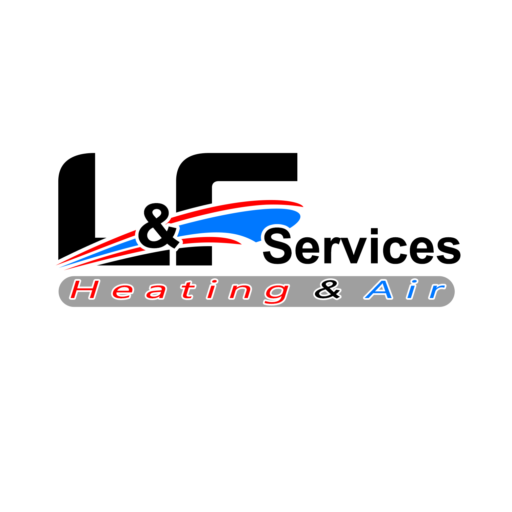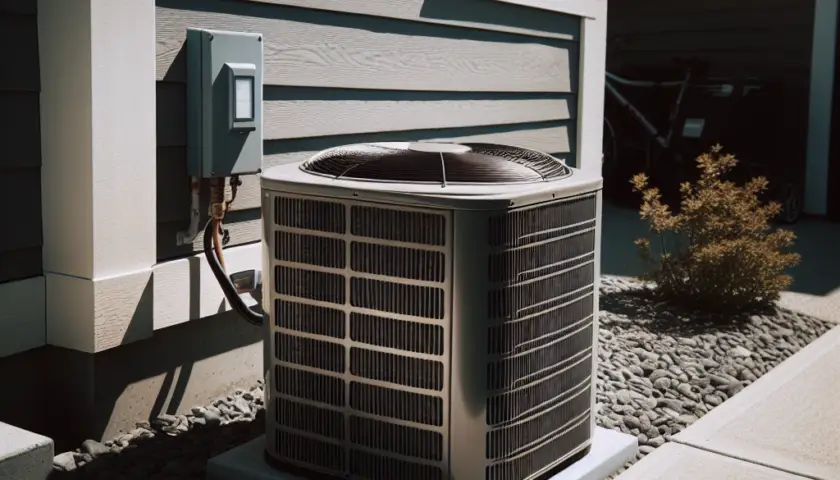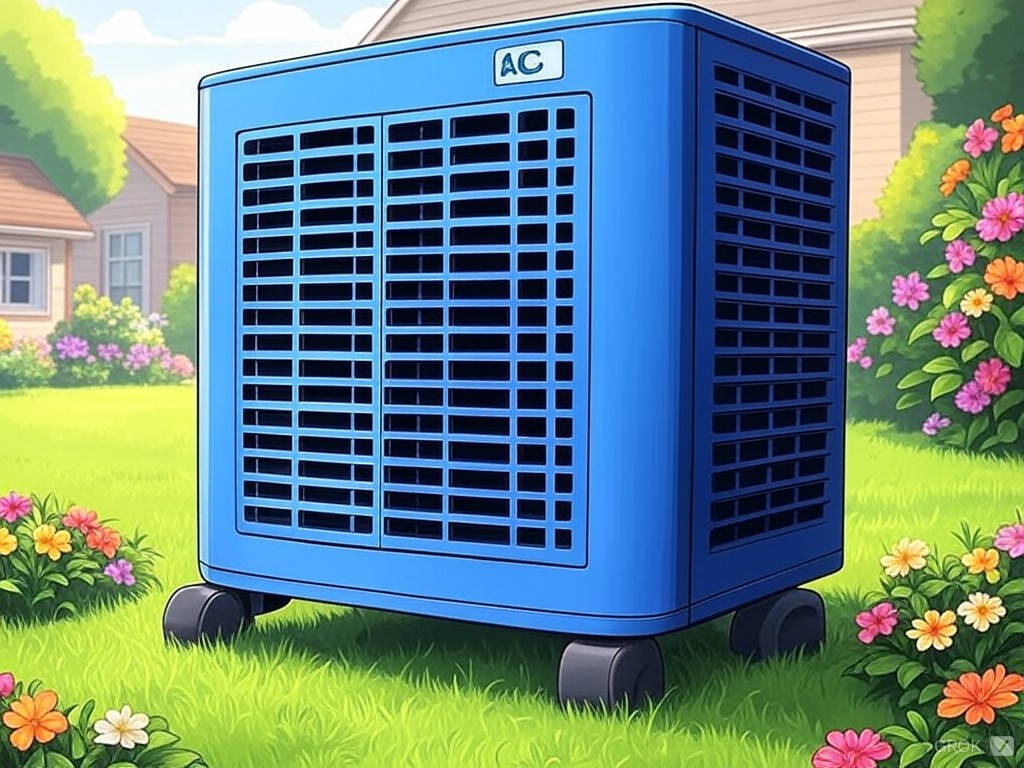When your outside air conditioning unit’s fan isn’t running, but everything inside seems to be working just fine, it can be a perplexing issue. The cool air you expect might not be flowing through your home, leaving you to face the heat. Understanding what might be causing this and how to address the problem can save you from discomfort and potentially costly repairs.
Common Causes of an Outside AC Unit Fan Not Running
Power Issues
One of the most straightforward reasons your outside AC unit isn’t running could be a power issue. If the unit is not receiving power, the fan won’t run. Check the circuit breaker to ensure it hasn’t tripped. If it has, reset it and see if this resolves the issue. Additionally, inspect any fuses connected to the unit to ensure they are not blown.
Thermostat Settings
It might sound too simple, but incorrect thermostat settings can lead to your AC unit not functioning as expected. Ensure that your thermostat is set to the correct temperature and mode. If it’s not signaling the outside unit to kick on, the fan will remain still.
Capacitor Problems
The capacitor in your AC unit is crucial for powering the fan motor. If the capacitor is faulty, the fan won’t run. Capacitors can degrade over time or fail due to electrical surges. If you suspect a capacitor issue, it’s best to call a professional, as handling capacitors can be dangerous due to their ability to store electrical energy.
Mechanical Issues
Fan Motor Failure
The fan motor can wear out after years of use or due to electrical issues. A failing motor might make unusual noises or stop working entirely. If the motor is the problem, it will likely need to be replaced to restore full functionality to your AC unit.
Blocked Airflow
Debris such as leaves, dirt, or branches can block the fan, preventing it from spinning. Regular maintenance and cleaning can help prevent this issue. Ensure the area around your unit is clear to maintain proper airflow.
Refrigerant Levels
Low refrigerant levels can cause the outside AC unit to malfunction. Without the right amount of refrigerant, the system can’t cool your home effectively, and the outside unit might not run properly. If you suspect a refrigerant issue, consult a professional HVAC technician to diagnose and refill the system as needed.
Troubleshooting Steps
Check the Power Supply
Ensure that the unit is plugged in and receiving power. Double-check the circuit breaker and any fuses. If the breaker continues to trip, this could indicate a more significant electrical issue that needs professional attention.
Inspect the Thermostat
Verify that your thermostat is set to “cool” and the temperature is set lower than the current room temperature. If the thermostat is battery-operated, replace the batteries to ensure it’s functioning correctly.
Examine the Capacitor
If you’re comfortable doing so, visually inspect the capacitor for any signs of damage, such as bulging or leaking. However, given the potential danger, this is typically a task best left to a qualified technician.
Professional Solutions
Call an HVAC Technician
If you cannot determine the cause of the issue, or if the problem involves complex electrical components, it’s wise to call in a professional. An HVAC technician can accurately diagnose the problem and recommend the best solution.
Routine Maintenance
Regular maintenance can prevent many of the issues that cause an outside AC unit to stop working. Schedule annual check-ups with an HVAC professional to ensure your system is running efficiently. Regularly replace filters, clear debris, and check that all components are functioning correctly.
Upgrade Your System
If your AC unit is old, it might be time to consider an upgrade. Newer systems are more energy-efficient and reliable, reducing the likelihood of issues like a non-running fan. While the upfront cost can be significant, the long-term savings on energy bills and repair costs often justify the investment.
Final Thoughts
Experiencing an issue where your outside AC unit fan is not running but the inside unit is can be frustrating. By understanding the potential causes and knowing the basic troubleshooting steps, you can address the problem more effectively. However, when in doubt, seeking professional help is always the best course of action to ensure your AC system is running safely and efficiently. Regular maintenance and timely repairs can help prevent future issues, ensuring your home remains comfortable even in the hottest weather.



